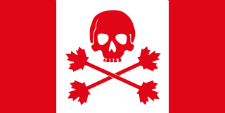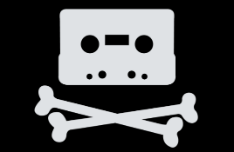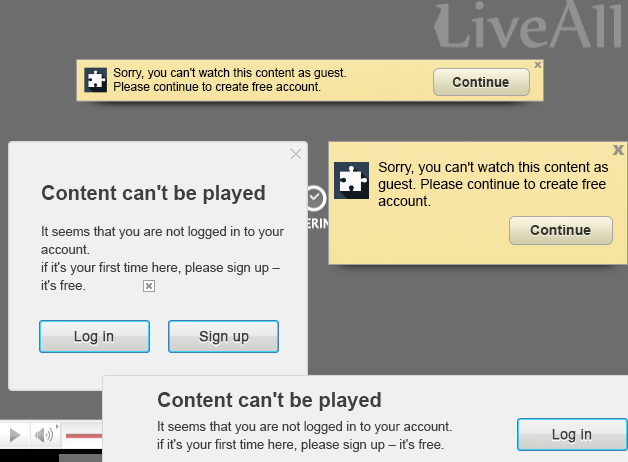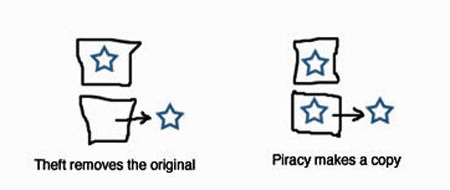
Sites like YouTube, that allow their users to upload all kinds of material – some of it infringing – are now seen as undermining a broad range of industries that rely on both video and audio to generate revenue.
The cries against such User Uploaded Content (UUC) sites are often led by the music industry, which complains that the safe harbor provisions of copyright law are being abused while UUC sites generate review from infringing content. In tandem, while that free content is made available, UUC sites have little or no incentive to pay for official content licenses, and certainly not at a rate considered fair by the industry.
This mismatch, between the price that content industries would like to achieve for licenses and what they actually achieve, is now known as the ‘Value Gap’.
Today, in advance of an EU meeting on the draft Copyright Directive, a huge coalition of rightsholder groups is calling on the new EU Presidency not to pass up an “unmissable opportunity” to find a solution to their problems.
In a letter addressed to the Presidency of the Council of the European Union, which Bulgaria officially took over January 1, 2018, an army of rightsholders lay out their demands.
“We represent musical, audio-visual, literary, visual authors; performers; book, press, musical, scientific, technical and medical publishers; recorded music, film and TV producers; football leagues; broadcasters; distributors and photo agencies. These are at the very heart of Europe’s creative sector,” the groups write.
“We have formed an alliance to campaign for a solution to a major problem which is holding back our sector and jeopardizing future sustainability – the Transfer of Value, otherwise known as the Value Gap.
“User uploaded content services have become vast distributors of our creative works e.g. film, music, photos, broadcasts, text and sport content – all while refusing to negotiate fair or any copyright licences with us as right holders.”
Featuring groups representing many thousands of rightsholders, the coalition is the broadest yet to call for action against the ‘Value Gap’. Or, to put it another way, to demand a change in the law to prevent sites like YouTube, Facebook and other hosting platforms from “hiding” behind provisions designed to protect them from the infringing activities of others.
“This problem is caused by a lack of clarity surrounding the application of copyright to certain online services and the abuse of European copyright ‘safe harbor’ rules in the e-Commerce Directive (2000/31/EC) by those services,” the coalition writes.
Referencing the EU Copyright Directive proposal tabled by the European Commission in September 2016, the coalition says that UUC services communicating content to the public should be compelled to obtain licenses for that content. If they play an “active role” through promotion or optimization of content, UUC platforms should be denied ‘safe harbors’ under copyright law, they argue.
Noting that there is “no solution” to the problem without the above fixes, the coalition cites last year’s ruling by the Court of Justice of the European Union which found that The Pirate Bay knowingly provide users with a platform to share copyright-infringing links.
“It is important to recall that the underlying policy objective of this legislation is to address the current unfairness in the online market due to the misapplication of copyright liability rules by UUC services. We would therefore like to stress that the focus should remain on finding effective solutions to tackle this issue.
“As an alliance, we look forward to working with your Presidency to achieve an effective solution to the Value Gap problem for the benefit of Europe,” the coalition concludes.
The letter, addressed to Prime Minister Borissov, Minister Pavlova and Minister Banov, arrives in the wake of an alert sounded by several Members of the European Parliament.
Earlier this month they warned that the EU’s proposed mandatory upload filters – which could see UUC sites pre-screen user-uploaded content for infringement – amount to “censorship machines” that will do more harm than good.
The full letter can be found here (pdf)
Source: TF, for the latest info on copyright, file-sharing, torrent sites and more. We also have VPN discounts, offers and coupons



 In recent years pirate sites have been blocked around the world, from Europe, through Asia, and even Down Under.
In recent years pirate sites have been blocked around the world, from Europe, through Asia, and even Down Under.

 The debate over whether online piracy helps or hurts music sales has been dragging on for several decades now.
The debate over whether online piracy helps or hurts music sales has been dragging on for several decades now. 




 On the other hand, however, if you’re on a site that has six different download buttons and none of them seem to actually download anything, this is probably a pirate site, and a low grade one at that.
On the other hand, however, if you’re on a site that has six different download buttons and none of them seem to actually download anything, this is probably a pirate site, and a low grade one at that.




 In many parts of the world football, or soccer as some would call it, is the number one spectator sport.
In many parts of the world football, or soccer as some would call it, is the number one spectator sport.  Back in the day, The Pirate Bay was famous for its amusing responses to legal threats. Instead of complying with takedown notices, it sent witty responses to
Back in the day, The Pirate Bay was famous for its amusing responses to legal threats. Instead of complying with takedown notices, it sent witty responses to 